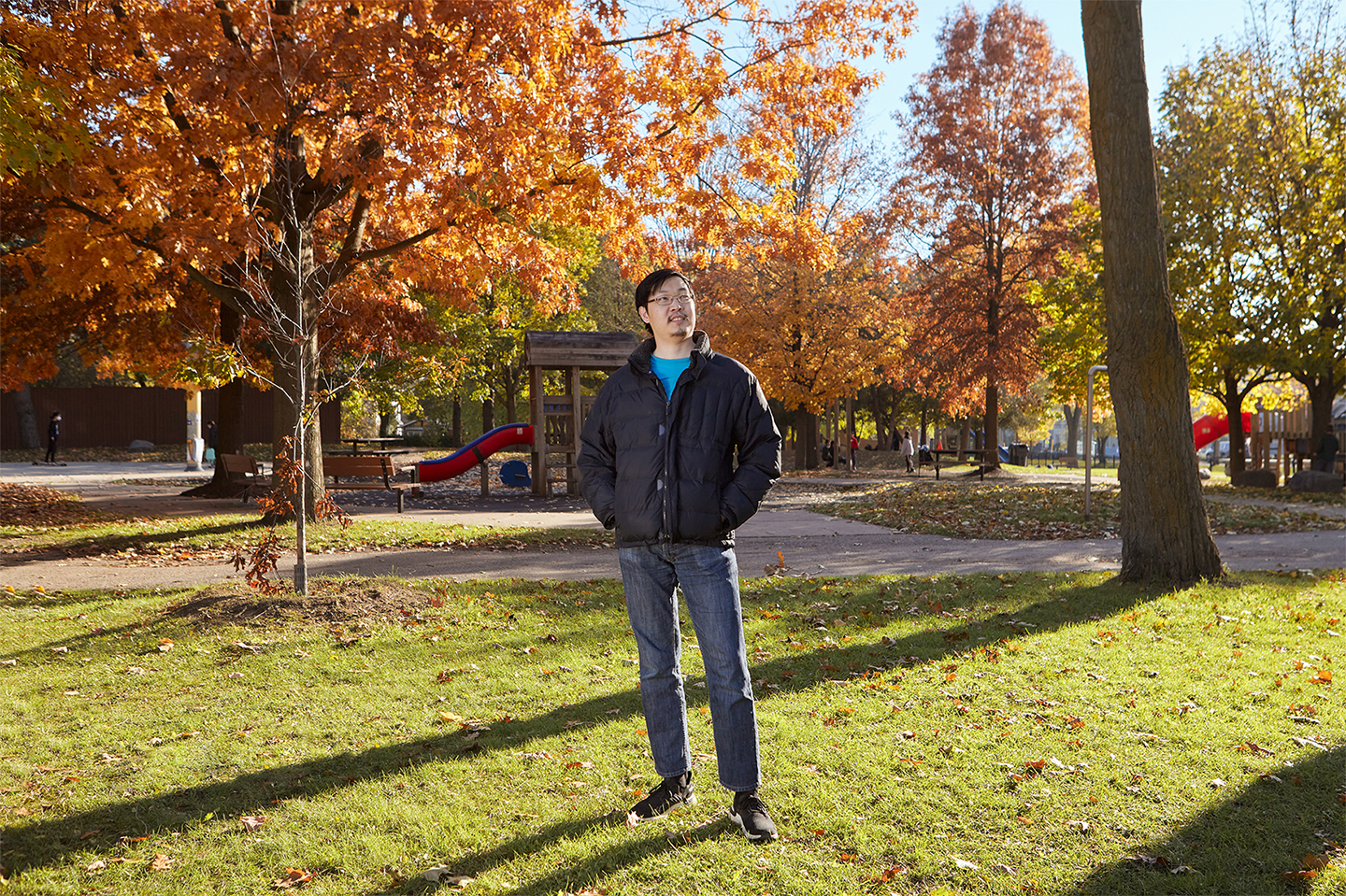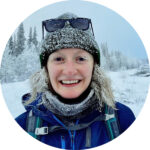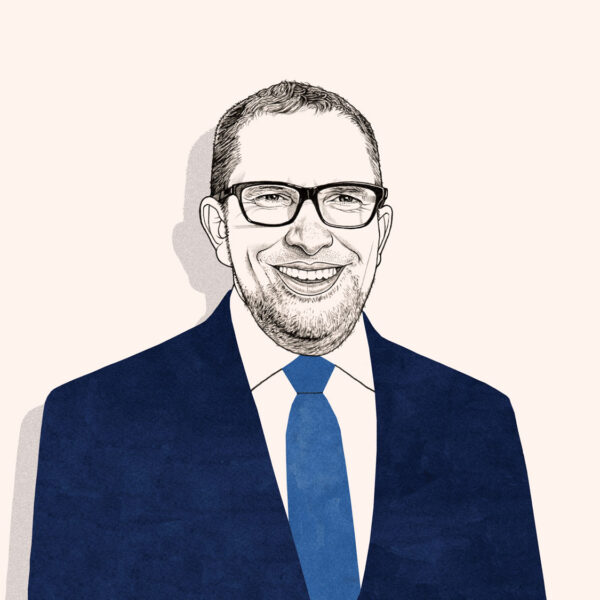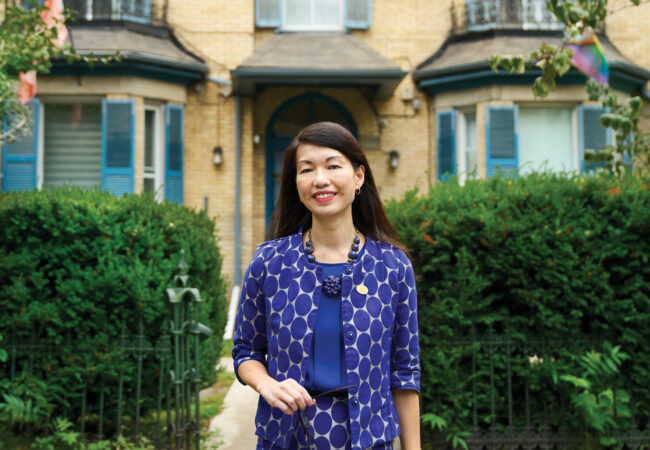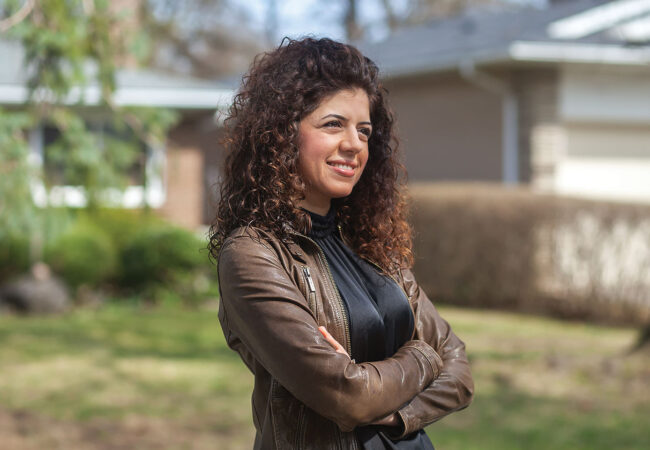In early March 2021, Andrew Young (Business Technology Management ’11) was trying to book vaccine appointments for his parents. A web developer at Ryerson University, he wrote some scripts that would check local hospital websites and notify him when they had available doses. “I sent a very proud email to my dad when I got his booking,” Young says.
Once he’d looked after his parents, he decided to share the notifications he was getting. He created the Vaccine Hunters Canada Twitter account, a website and a Discord chat server. When different age groups became eligible, he’d post updates.
From there, Vaccine Hunters Canada skyrocketed. By mid-April, its social media accounts—including Facebook, TikTok, Snapchat and Instagram—had over 427,000 followers. Other people had reached out to Young, wanting to help him. He worked with a team of 104 volunteers across the country to circulate vaccine information.
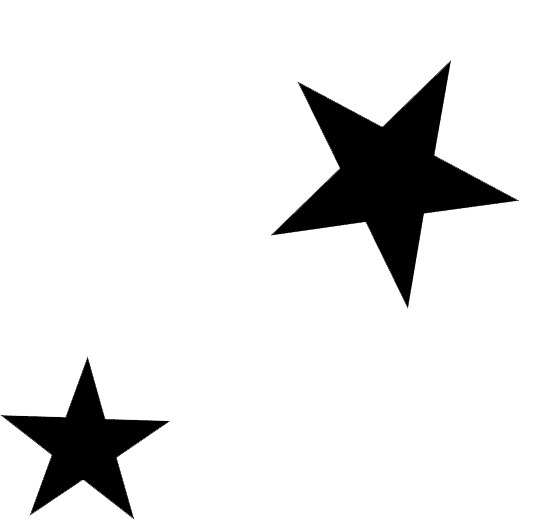
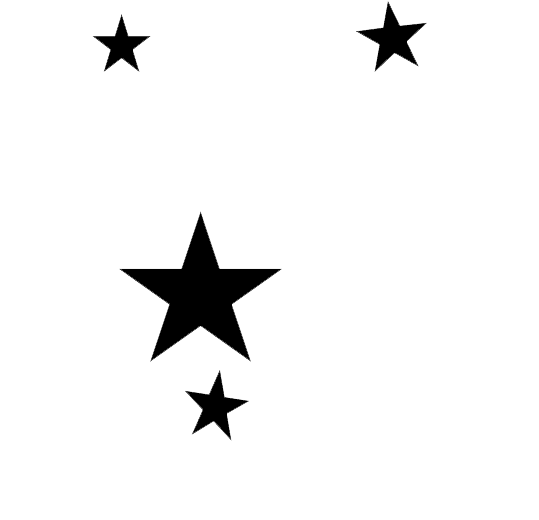
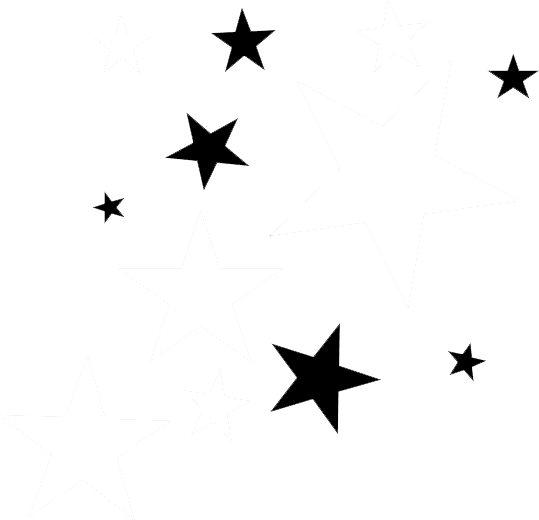
The Ryerson Library invites you to submit images to the COVID-19 digital archive.
Learn more.
“Vaccine Hunters Canada was able to essentially connect the entire country, despite the different rollout strategies in each province,” Young says. “Assuming each of our followers helped at least three people book vaccines, we can say we’ve helped at least 1.2 million people. But we’ve had some people tell us they helped over 100 people in their community because of our posts, so it’s hard to really know the exact number.”
At the end of August, as Canada’s vaccination rate plateaued, Young and his team stopped posting on social media. But the Vaccine Hunters Canada website lives on, featuring a tool called Find Your Immunization, through which people can enter their postal code and get a list of places where they can get their vaccine.
“We’ve been in touch with the World Health Organization and UNICEF to share our source code with other countries,” Young says. Vaccine Hunters Canada has also partnered with the University Health Network’s social medicine program to try to expand the Find Your Immunization tool to include other resources, like social housing and mental-health support.
“This whole experience has been so enriching—working with strangers toward a common purpose,” says Young. “It really made the entire country feel closer.”


